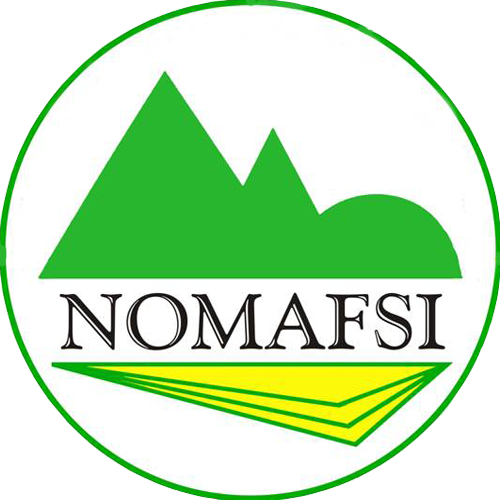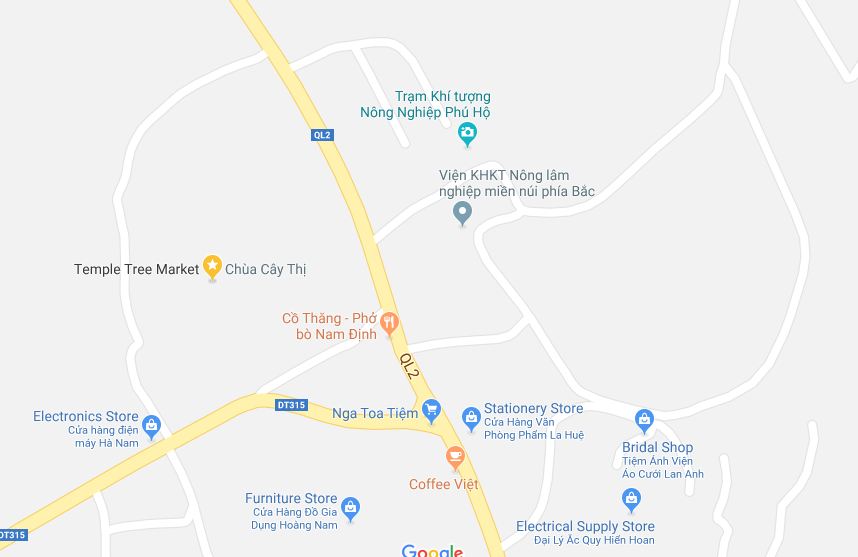CSA Project: ANALYSIS REPORT - Agricultural and climate change policy: processes, decision-makers and implementation instruments in Viet Nam
Tuesday, 03/11/2015, 10:36 GMT+7

CSA Project: ANALYSIS REPORT - Agricultural and climate change policy: processes, decision-makers and implementation instruments in Viet Nam
Climate change (CC) and food security are increasingly recognized as two of the greatest challenges of our time. These two challenges intersect in the agriculture sector, which is highly climate-sensitive, a source and sink of greenhouse gas (GHG) and at the same time the main source of livelihoods, growth and foreign exchange earnings in developing countries with agriculture-based economies. CC is expected to have negative impacts on food security and agricultural development in many of these countries.
To solve this challenge, one of approaches that has been recently advocated by FAO is Climate Smart Agriculture (CSA). This approach integrates the three dimensions of sustainable development (economic, social and environmental) by jointly addressing food security and climate challenges. It is composed of three main pillars: i) sustainably increasing agricultural productivity and incomes; ii) adapting and building resilience to CC; and iii) reducing and/or removing GHG emissions, where possible.
EU and FAO are supporting the government of Malawi, Zambia and Vietnam with the project Climate Smart Agriculture (CSA): Capturing the synergies between Mitigation, Adaptation and Food Security“, which has four expected outputs: i) Establishment of an evidence based on CSA practices and policy; ii) Formulation of country-owned CSA strategies, if they do not already exist; iii) Development of CSA investment proposals and identification of financing mechanisms; iv) Building capacity across these areas.
Implementation of CSA approach will only be achieved and sustained through supportive and coherent decision-making processes. This report provides a better understanding of how agricultural and CC priorities are set, who shapes them and how. To this end, it will map an important subset of stakeholders, who shape agricultural and CC priorities and with whom the project will need to interact in exploring policy, strategy and investment options for CSA.
This report has four specific objectives: (i) examine policy formulation and decision-making processes relating to agriculture and CC; (ii) identify who are the key stakeholders involved in these processes; (iii) Assess the extent to which the national policy is reflected in implementation instruments; (iv) examine sub-national linkages relating to the translation of national policy into sub national policy implementation documents and how provincial policy issues are reflected in national policy, what processes, mechanisms and means are used for these “transfers” and who is involved?
Other news :
- Đoàn công tác Cộng hòa Angola thăm và làm việc tại Viện KHKT nông lâm nghiệp miền núi phía Bắc (27/12/2025)
- Đại sứ đặc mệnh toàn quyền nước Cộng Hoà Pháp tại Việt Nam thăm mô hình dự án BREEDCAFS tại Tuần Giáo – Điện Biên (08/12/2020)
- Northwest Vietnam: CIRAD-ACIAR joint effort to promote CA practices (08/07/2015)









